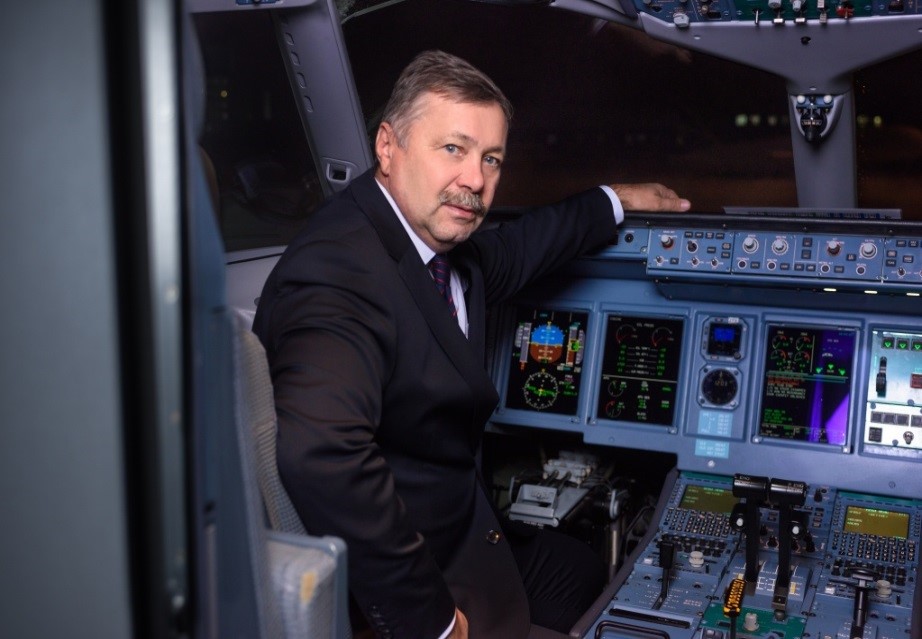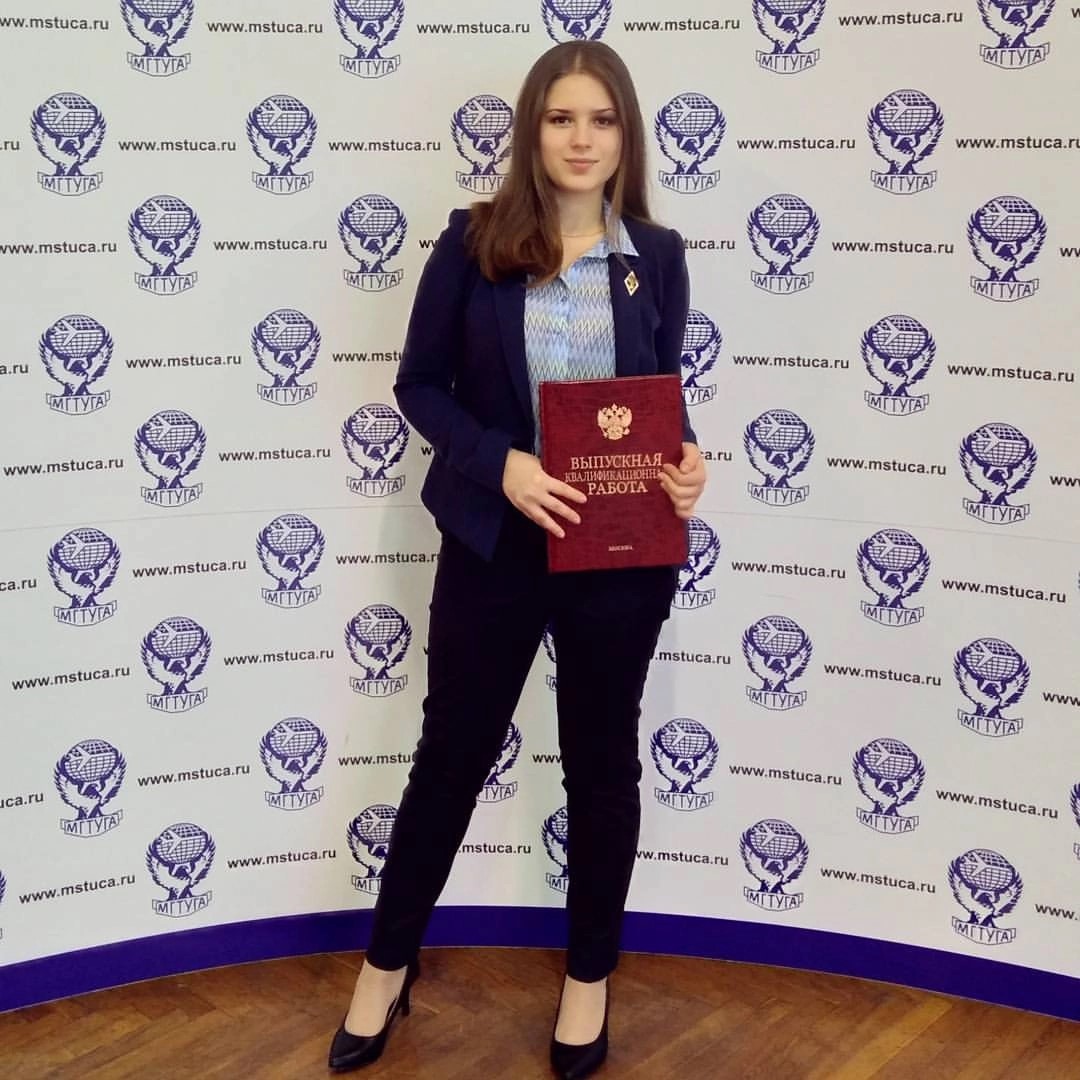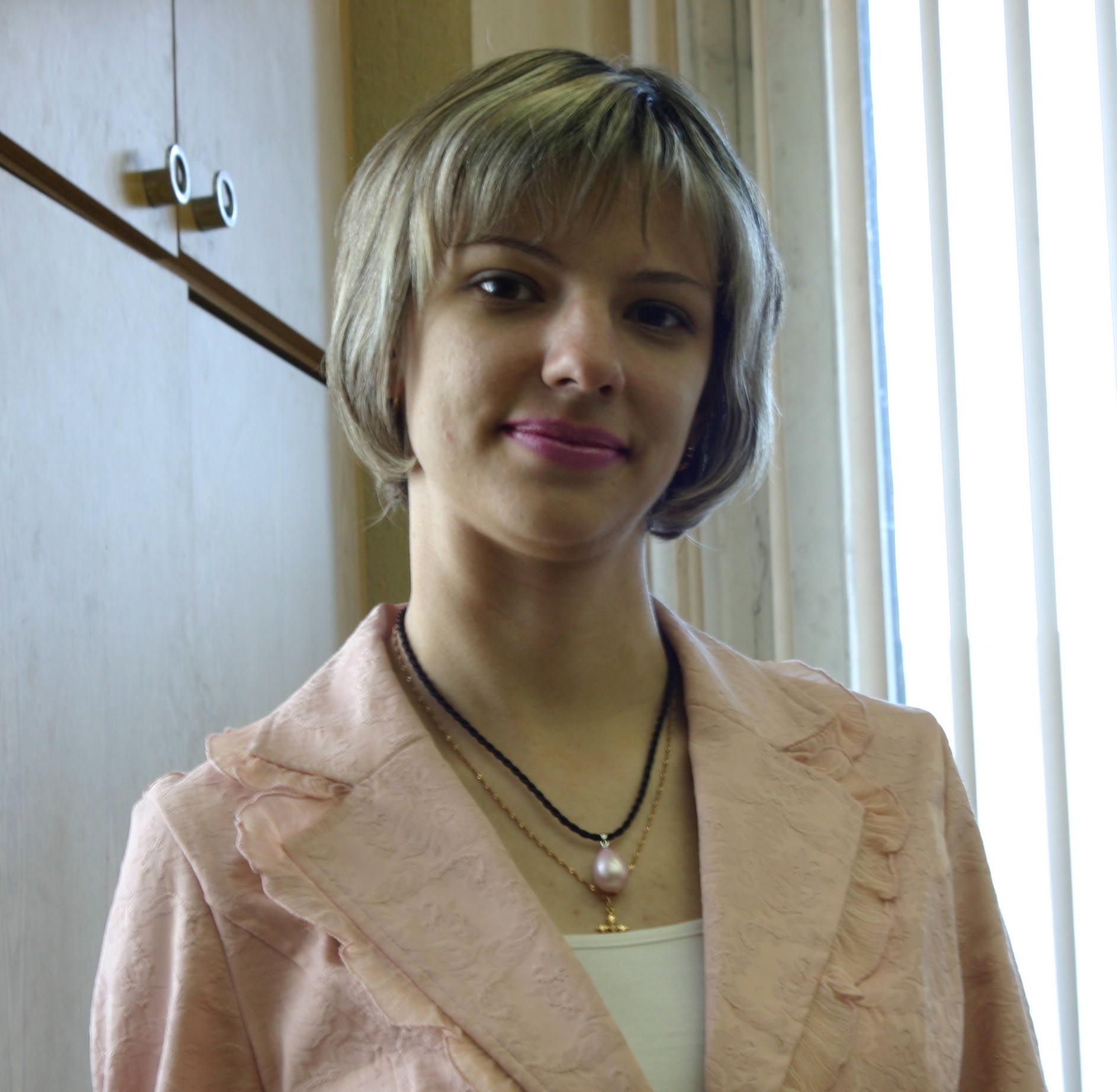Gorbunov Vladimir Pavlovich
Place of work: Agency of Technological Development, Ministry of Industry and Trade of Russia, Moscow, Russia.
Academic degree: Candidate of Technical Science
Post: Expert
Specialty from nomenclature of scientific specialties (Code of Higher Attestation Commission): 05.22.14 – Air transport operation
Scientific major: Continues airworthiness and operation of aircraft in extremely low temperatures, increasing the efficiency of airlines, air transport accessibility of the Far North, the Arctic and the Far East.
Important publications:
- Gorbunov V. P. Thermophysical modeling in assessing the low-temperature reliability of aircraft with a digital onboard system / V. P. Gorbunov // Scientific Bulletin of the state scientific research institute of civil aviation. – 2022. – Vol. 38 (349). – pp. 27-41.
- Gorbunov V. P. Prospects for the development of regional aviation in the Far North and the tasks of increasing the transport accessibility of the Arctic and the Far East / V. P. Gorbunov // Arctic: Ecology and Economy. – 2022. – Vol. 12. – № 3. – рр. 367-375. DOI: 10.25283/2223-4594-2022-3-367-375.
- Gorbunov V. P. Analysis of the applicability of correlation and regression models to assess the factors of aviation fuel supply to the remote Arctic regions of the Far North / V. P. Gorbunov, V. M. Samoylenko, S. V. Kuznetsov, A. M. Struchkova // Civil Aviation High Technologies. 2022. – Vol. 25. – № 6. – pp. 23-39. DOI: 10.26467/2079-0619-2022-25-6-23–39.



